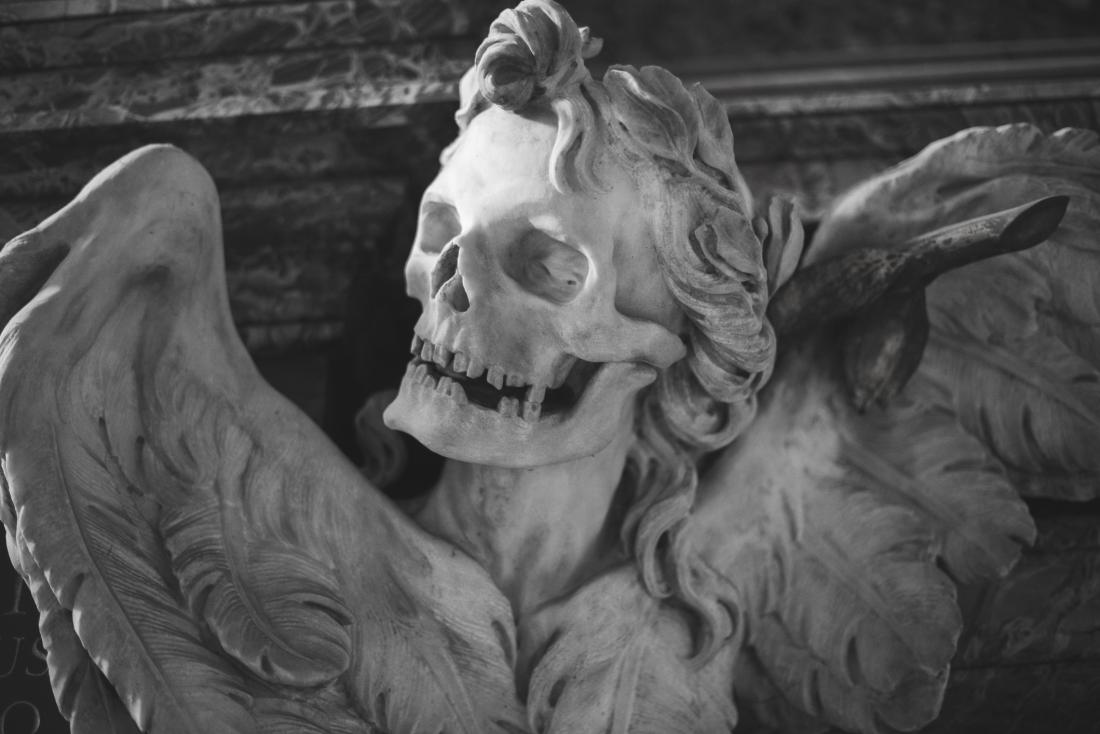Dissecting terror: How does fear work?

In this Spotlight feature, we will explain the biology of fear: why it has evolved, what happens in our bodies when we are scared, and why it sometimes gets out of control. Scroll down...if you dare.
Everyone can get scared; fear is an unavoidable facet of the human experience.
People generally consider fear as an unpleasant emotion, but some go out of their way to trigger it — such as by jumping out of planes or watching scary movies.
Fear is justifiable; for instance, hearing footsteps inside your house when you know that you are the only one home is a valid reason to be terrified.
Fear can also be inappropriate; for example, we might experience a rush of terror while watching a slasher movie, even though we know the monster is an actor in makeup and that the blood is not real.
Many individuals consider phobias as the most inappropriate manifestation of fear. They can attach themselves to pretty much anything — such as spiders, clowns, paper, or carpets — and significantly impact people's lives.
Why do we get scared?
As far as evolution is concerned, fear is ancient and, to a certain extent, we can thank fear for our success as a species. Any creature that doesn't run and hide from bigger animals or dangerous situations is likely to be removed from the gene pool before it's given the chance to procreate.
Fear's essential role in survival helps explain why it sometimes seems a little trigger-happy.
In other words, it makes sense to be a little jumpy if you're an animal in a hostile environment. It's better to run and hide when your own shadow catches you by surprise than to presume that a shadow is safe, only to be eaten by a bear 5 seconds later.
